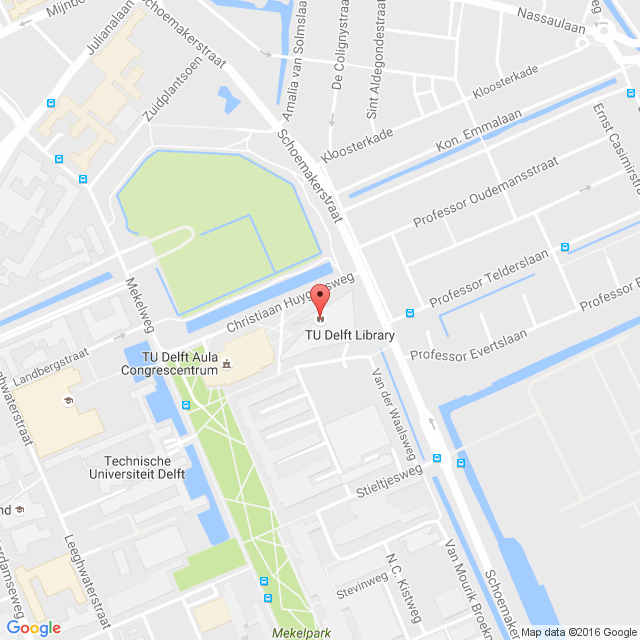Recording: Prometheus’ Problems | Do we need engineers in politics?
Limited capacity, please sign up through Eventbrite.
During election campaign time, various parties like to make the case that we should have more scientists involved in politics. In Delft, we like to approach problems with the practical mindset of an engineer. But do we need more engineers in politics? In fact, does politics need engineers at all?
It may seem obvious we do. After all, major societal challenges such as climate change and digitalisation strongly depend upon technological innovation, and politicians and policymakers often lack expertise. However, does this mean that we should include engineers in politics? And if so, in what way? A quick examination of the Dutch House of Representatives shows that indeed currently the number of people with a scientific background is low, and the applied sciences appear to be outright underrepresented. On the other hand, among the newly appointed ministers we find highly respected academics in theoretical physics and internal medicine with very little political experience. Is our national and local government ready for the Delft mindset or should we leave politics to the politicians?
That is what we will discuss at the second fourth edition of our philosophical café Prometheus’ Problems! At this quarterly event, students, professors and external experts will exchange thoughts about philosophical and ethical themes related to engineering, modern technology and its impact on society. Importantly, the themes are based on questions put forward by students themselves. A discussion in a comfortable setting, with a drink at hand.
Cynthia Liem is Associate Professor at the Multimedia Computing Group at TU Delft working on Trustworthy Artificial Intelligence. She is also an active performing musician and an advocate of public outreach.
When introducing myself, after indicating I am an academic and a computer scientist, I normally also mention I am a professional musician. This latter identity has proven a much easier conversation-starter than the earlier two; especially my computer science identity does not usually trigger recognition, and may even lead to alienated reactions and negative associations by ‘non-technical’ audiences. While we have started to acknowledge that digitalization is deeply impacting today’s society, I will argue that our current society, including our policy-makers, still lacks in digital literacy. As digital systems, created by engineers, increasingly implement policy, I will discuss this is a real issue we need to take seriously.
Herman de Regt is Associate Professor of Philosophy of Science and Epistemology at Tilburg University. He has lectured at home and abroad and wrote scientific articles on the status of science, the study of consciousness, and American pragmatism.
In my brief presentation, I will try to argue that we need engineers who feel a commitment to bring in necessary and useful expertise in political decision making. In that sense, we indeed need engineers in politics. However, to understand why, we need to talk about what democracy is, what science is, and the different roles scientists can play in policy making. Surprisingly, we will see how, given that we need the expertise of engineers to solve today’s problems we face as a society, psychology is just as important as engineering techniques. And so, my plea is to introduce (cognitive) psychology to the engineers’ curriculum.
Twan de Nijs studies Engineering and Policy Analysis at TU Delft and is a former council member of Delft City Council on behalf of STIP (Students of Technology in Politics).
During my time on the Delft city council, I became acutely aware of the positive impact that engineers can have on the course of political debates, which can be summarised by two main elements. First, an affinity with technology, which allows for forward looking application of new innovations in society. A common complaint for politicians with regards to technology is that they are always two steps behind current developments, I believe that decision makers with an engineering background are more likely to overcome this barrier. Secondly, a solution driven approach. Engineers adopt an analytical perspective to study structures and systems so that they might identify the constraints and trade-offs to come to a final conclusion, this method can be applied with great effect to political questions as well.
Moderator Filippo Santoni de Sio is Associate Professor in Ethics of Technology at the Section Ethics/Philosophy of Technology of TU Delft.


